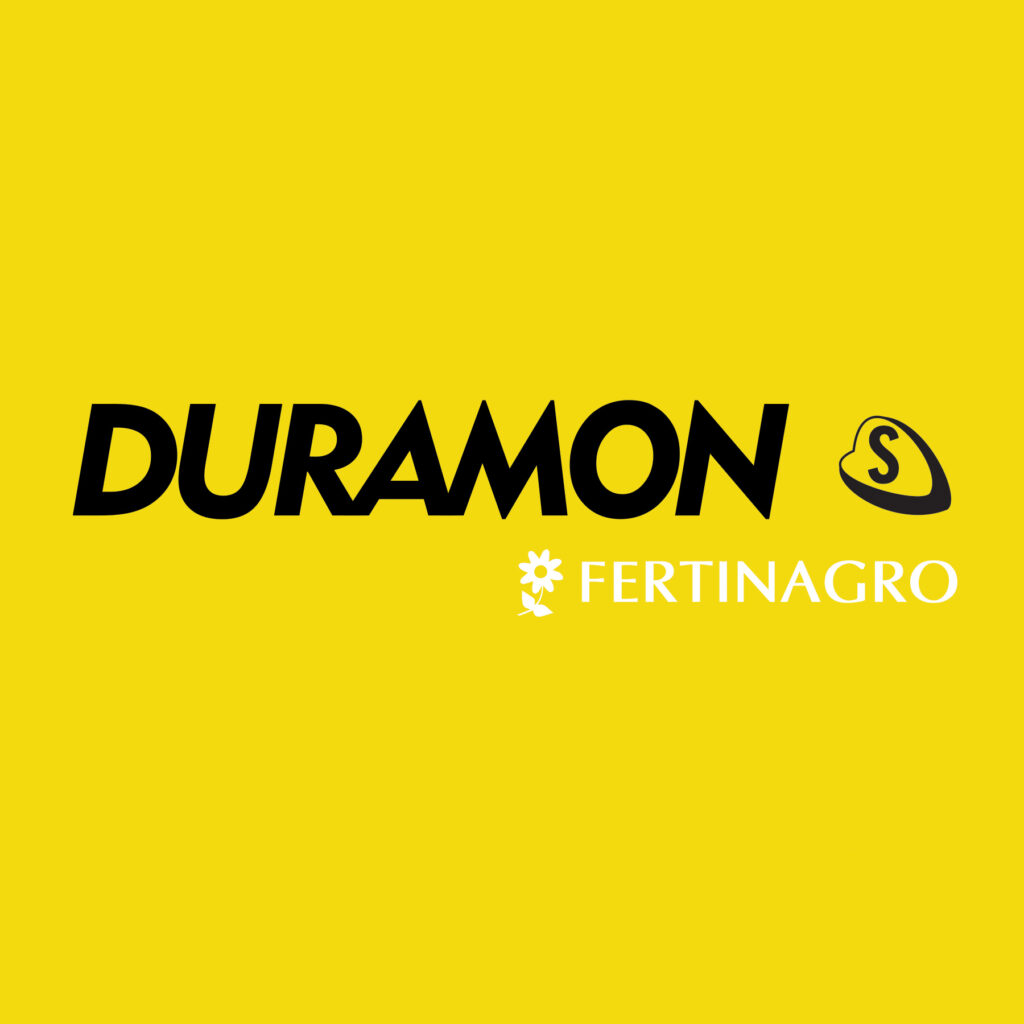LIMAR COMBI SC: Dual-Action Herbicide for Effective Weed Control in Maize
Limar Combi SC is a herbicide for the pre-emergence and early post-emergence control of annual grasses and selected broad-leaved weeds in maize.
Limar Combi SC is a herbicide for the pre-emergence and early post-emergence control of annual grasses and selected broad-leaved weeds in maize.
Multiphos 10-25-0 + TE is a granular Compound NP fertilizer (Chemically Formulated) containing secondary and microelements for direct application to soil or in physical mixtures.
The pest has a 30-174 days lifecycle and can produce 2 to 10 generations in a year laying up to 800 eggs depending on multiple factors including temperature, food availability and quality, and humidity.

Duramon 30 is a slow release nitrogen fertilizer enriched with sulphur, zinc and magnesium that are necessary for photosynthesis.
| Criteria | Duramon 30 | CAN | Advantages of Duramon 30 vs CAN |
| Composition | 30%N, 1% K2O, 20% SO3, 2.2% MgO, 0.1%Zn | 27%N, 6% CaO | Duramon 30 is a specialty product with new technology while CAN is a commodity. It combines N, S, Zn, and Mg which are key for photosynthesis, and is presented in the same molecule ensures synergies to plant colour and growth that are clearly visible after application. CAN only supplies N in a leachable form and the roots must hunt for the missing elements. |
| Nitrogen | Duramon patented technology containing the MCDHS inhibitor slowing the conversion of ureic nitrogen to ammoniacal form, offering a slow release of nitrogen. | Duramon technology provides available nitrogen throughout the crop cycle, eliminating ‘Hidden Hunger’. Duramon 30 efficiently supplies more units of N per kg applied and hence can better performance at lower rate. 0.9 Kg Duramon = 1 Kg CAN (not factoring in losses). As the losses by volatilization and leaching are reduced, Duramon has a higher efficiency of the nitrogen fertilizer units contributed. With better nutrient utilization and minimal losses, Duramon 30 only needs one application while CAN requires at least two splits with increased application costs. | Duramon 30 supplies Sulphur, but CAN doesn’t. Sulphur is involved in Chlorophyll & lipids synthesis. Sulphur is vital in the synthesis of sulfur-containing amino acids which are the protein’s building blocks.( Nitrogen-Sulphur synergistic effect) |
| Sulphur | 20% | Zero | Duramon 30 supplies magnesium, but CAN doesn’t. Magnesium is essential for chlorophyll formation and plays a key role in photosynthesis process. |
| Magnesium | 2.2% | Zero | Duramon 30 supplies Zinc, but CAN doesn’t. Zinc is directly involved in the synthesis of amino acids and proteins and therefore the utilization of nitrogen within the plant. |
| Zinc | 0.1% | Zero | Duramon 30 supplies Zinc, CAN doesn’t. Zinc is directly involved in the synthesis of amino acids and proteins and therefore the utilization of nitrogen within the plant. |
| Soil acidification | With slow-release technology and better nutrient use efficiency, Duramon 30 has minimal acidifying potential to the soils. | Rapid release with higher acidifying potential. | CAN is formulated from Ammonium Nitrate and Calcium Carbonate. The quick release of Ammonium leads to more soil acidification and lower nutrient availability and efficiency causing lower yields |
| Recommended to be used in soils | Can be used in wide range of soils from pH 4.5 to 8.5. | Can be used in a wide range of soils from pH 4.5 to 8.5. | Duramon 30 can be used across all soils whereas CAN is best applied in higher pH soils. |
| Rate of application | 200 Kg/Ha Duramon 30 supplies 60 kg N efficiently. No losses of N through leaching or volatilization- thanks to Duramon technology! | In alkaline soils from PH 6.5 to 8.5 | Duramon technology offers continuous N supply with minimal losses across the entire growing season. |
| 250 Kg/Ha supplies 67.5 Kg N subject to up to 40% losses due to leaching and volatilization, hence supplying around 40 kg N only. | 200 Kg/Ha X 0.75$/Kg = $150/Ha Duramon 30 supplies: 60 kg Nitrogen40 kgs SO34.4 kgs MgO 2.0 kgs K2O0.2 kgs Zn. | To supply 60kg N from CAN, you will need to apply 375kg costing 375 Kg/ Ha X 0.4$/ Kg= $150. | Cost Comparison |
For more information on Duramon, kindly get in touch with Alvin at +254724227210 or email him at alvin.otieno@lachlanafrica.com